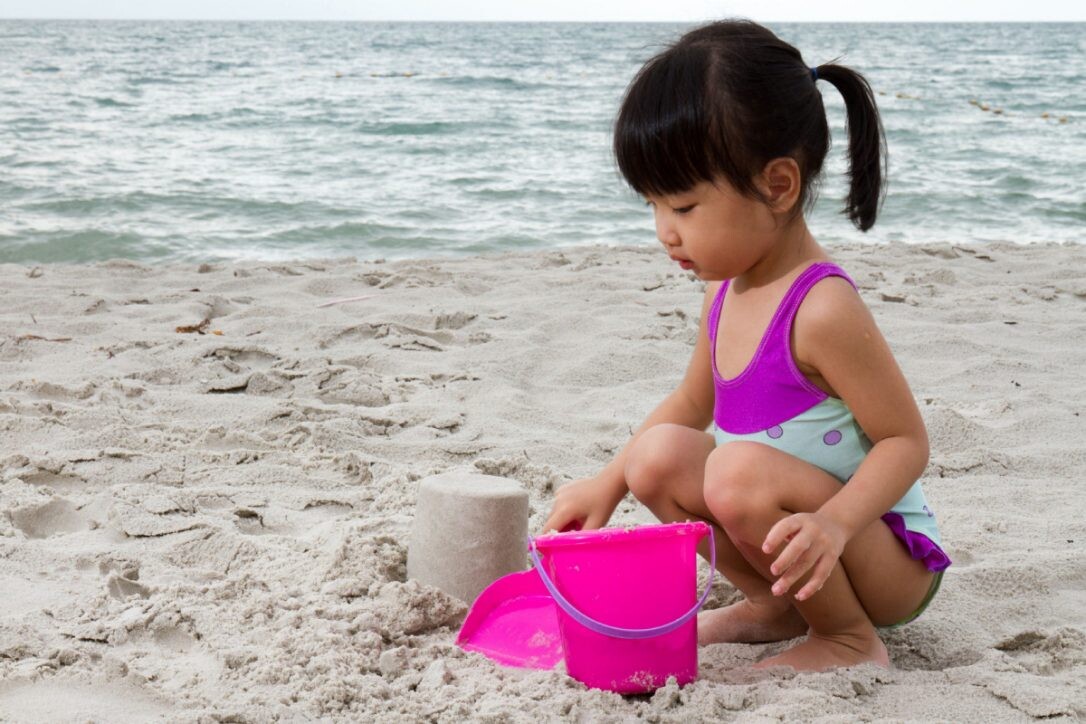Main Second Level Navigation
- Welcome
- Why Toronto?
- History of the Department
- Vision & Strategic Priorities
- Our Leadership
- Our Support Staff
- Location & Contact
- Departmental Committees
- Department of Medicine Prizes & Awards
- Department of Medicine Resident Awards
- Department of Medicine: Self-Study Report (2013 - 2018)
- Department of Medicine: Self-Study Report (2018 - 2023)
- Communication Resources
- News
- Events
Doctors' Notes: Don't let illness bite into your vacation

Dr. Andrea Boggild
Republished from the Toronto Star, March 6, 2017

If you’re travelling somewhere exotic this March Break, protect yourself against mosquitoes. Transmission of the Zika virus has been documented in 50 countries of the Caribbean, Central and South America, plus southern U.S. states like Florida and Texas.
For most people, the Zika virus causes very few problems, women who are pregnant or considering becoming pregnant should avoid any country where the virus is still active.
Everybody else should use mosquito repellent during outdoor daytime and nighttime activities, but particularly early in the morning and at dusk.
But it’s not just Zika that can cause travellers problems. Mosquitoes throughout the tropics, including Cuba and Mexico, also carry Dengue fever and Chikungunya, very unpleasant viruses that cause high fever, headache, joint pain and rashes.
Malaria is also a concern in the Dominican Republic and Haiti in the Caribbean, and throughout Africa and Southeast Asia, along with some parts of South and Central America. Most people going to the Dominican Republic are heading to resorts, which are often quite vigilant about spraying for mosquitoes, but every couple of years we see one or two cases of malaria in Canada from the Dominican Republic, and many more cases coming from West Africa, a real malaria hot spot. That’s why it’s good to have a can of bug spray on hand, and to watch for mosquitoes.
It’s important not to let fear of tropical infections ruin your vacation — just take sensible precautions, and know that it’s very difficult to completely avoid mosquitoes.
Choose a repellent with the chemical DEET or icaridin for your skin and clothing. It should be strong enough to be effective — 20 to 30 per cent is good for adults. Children ages 2 to 12 should use a lower percentage of DEET (and up to 20 per cent icaridin) on their skin because they have thinner skin than adults (and more skin in relation to body weight), and will absorb more chemicals. Use a product with no more than 10 per cent DEET on kids. You should also only apply DEET to children’s skin once a day, and only after their sunscreen has fully dried (about 15 minutes).
Unfortunately, the more “natural” insect repellents aren’t very effective — and in the tropics, you’ll want a product you can count on. However, mosquito screens, bed nets, air conditioning and long clothing are a natural way to help prevent bites.
If you do get bitten, don’t panic. Just watch for symptoms, the most worrisome being fever within a few days to weeks of the bite. Any fever after travelling to the tropics should prompt an urgent doctor’s visit to rule out malaria.
That said, the most common health problem people experience after a trip to the developing world is traveller’s diarrhea from bacteria in the food. This is certainly unpleasant but usually requires no medical treatment beyond rehydration.
If you’re travelling to the tropics with young children, it’s best to make an appointment with a specialty pre-travel medical clinic before you leave. Staff at these clinics can advise you about safe food and drinking water, any vaccines or malaria prophylaxis you might need, and what to bring. Travel clinics can be found all over the GTA, and although a visit is not covered by OHIP, your workplace insurance company may cover the cost.
The federal government also provides destination-specific health information through their country pages on travel.gc.ca. This is a good place to start in order to familiarize yourself with some of the health risks that might be present in your chosen destination.
It’s wise to bring a small first-aid kit when travelling off the beaten path. In some parts of the world, first-aid basics like Band-Aids, antiseptic wipes, over-the-counter pain killers and fever reducers aren’t easily available. Medications to treat diarrhea and even antibiotics also could be a good idea. If you’re travelling to a malaria-ridden area, it’s wise to obtain a prescription for a preventive medication before travel.
Finally, good health on vacation starts at the airport. It may seem basic, but having enough nutritious food and water, as well as hand sanitizer, for yourself and your kids before and during the flight will set your body up for success in fighting off the stresses of jet lag and foreign viruses and bacteria.
Taking a small amount of time to ensure you’re prepared for any medical emergencies should contribute to your peace of mind when travelling somewhere exotic. I wish you safe and relaxing vacation!
Dr. Boggild is an Assistant Professor in U of T’s Department of Medicine. She serves as the Clinical Director of the Tropical Disease Unit at Toronto General Hospital. Doctors’ Notes is a weekly column by members of the University of Toronto’s Faculty of Medicine. Email doctorsnotes@thestar.ca

